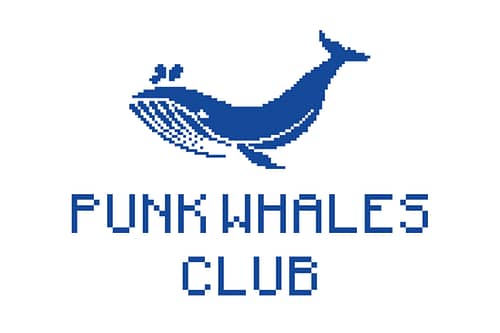Non-fungible tokens are a technology that has transformed the world in many ways since their creation and rise to mainstream glory.
It’s undeniable that they have had some positive contributions – they have made creating and interacting with art more accessible than ever, have challenged traditional art institutions, and the blockchain technology they rely on has been used in many industries to make them more effective.
Unfortunately, with every new market and industry, some people with malicious intentions are given the opportunity to scam others because the new market is still unregulated, or many people are caught in the craze and are not careful enough.
This is what Ethan Nguyen and Andre Llacuna had done after earning more than a million dollars by selling the non-fungible tokens called “Frosties.”
The rug pull scheme they used is very simple yet terribly effective, they made a campaign promising many lucrative benefits and rewards to Frosties’ owners, but once all of the NFTs were sold, they disappeared.
The project was shut down, and all the funds were transferred to a series of crypto wallets, while the Frosties owners were left with only empty promises.
How They Were Caught
One alarming trend that has been haunting the NFT world is the large amount of scams occurring in marketplaces. Even mainstream markets, such as OpenSea, are not an exception to people being vulnerable to theft and other illicit activities.
Since the companies are still new to this technology and the sheer volume happening every day is massive, it’s tough to regulate and supervise everything. Furthermore, if the market for NFTs was around $21 billion for OpenSea alone, in January, it was a staggering $4 billion, making supervision only harder and harder.
Some crypto enthusiasts take it a step further and claim that it’s structurally hard to keep an eye for scams, but companies don’t care as much. To regulate would mean transactions may be slower, there will be extra steps, and it won’t be as easy for people to engage in the market, which would hurt profits. As cynical as it sounds, some companies care more about the money they can get out of this than the scammed people.
Even if wash trading, rug pull schemes, and copyright infringement are all that marketplaces are notorious for, it’s not often that governments of countries get involved in delivering justice. Since the markets are unregulated, you get convenience and potentially high rewards but are at risk for your and your asset’s safety.
This case seems to be an exception as the Criminal Investigations (IRS-CI), Homeland Security Investigations, and the Internal Revenue Service made a joint effort since January to start an investigation after they received a call warning of the scam that was going on.
Eventually, the investigators found a match between the suspect’s data left in their Discord accounts and the accounts used for the Coinbase cryptocurrency exchange. Even if cryptocurrency transactions are private and semi-anonymous, the Coinbase accounts were connected to a Citibank credit card with a government ID that the investigators could track.
The two men were just arrested for theft in Los Angeles, California. Soon after, an apology was reviewed from Nguyen to the Discord moderation of the Frosties community.
“I know this is shocking, but this project is coming to an end. I never intended to keep the project going, and I don’t have a plan for anything in the future,” says Nguyen.
Nguyen apologises for the trouble created, recommends deleting his account to avoid the backlash, and says that some ethereum has been sent as compensation. He concludes by saying, “I want you to know that I do care. I appreciate you, even if you don’t appreciate me,” it concludes.
The apology and arrest of the duo conclude the Frosties saga, which began with the exciting reveal of 8,888 NFTs, each priced at around $130 and selling out within hours after that.
The fans not only saw the value of the non-fungible tokens massively drop after the owners disappeared, which meant they couldn’t be resold, but they also did not get the other benefits that were promised to them.
3D versions of their avatar and even a Frosties video game based on the unique collection were many promises they had received from the team in charge of the NFT campaign.
What’s shocking to some is that after disappearing, the duo was confident enough and had the audacity to start another NFT collection – Embers. There was a $50 000 charity donation that the community would control in the roadmap. Even though the Red Cross confirmed that the money had been sent, the rest of the benefits were much more vague and unlikely to be delivered.
The legal status of NFTs can be somewhat vague, and the creators of those collections can escape responsibility by keeping their privacy a secret. Nevertheless, justice holds no exceptions.
As the Justice Department reported after the successful operation, “NFTs represent a new era for financial investments, but the same rules apply to an investment in an NFT or a real estate development,”






